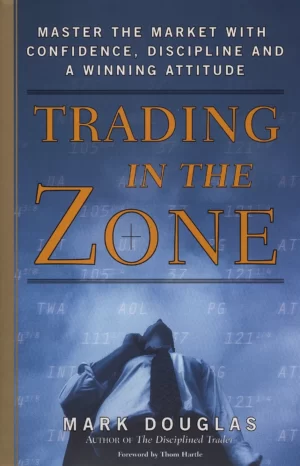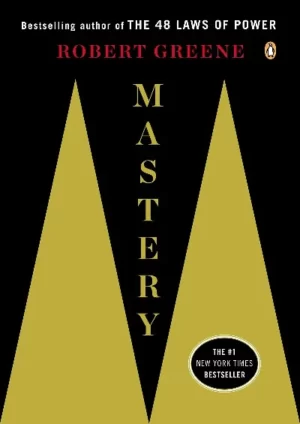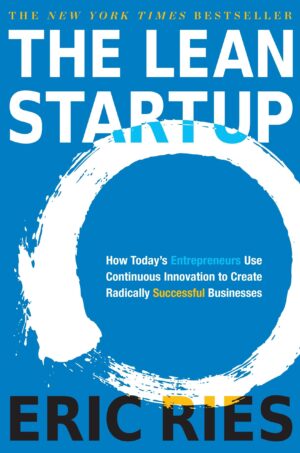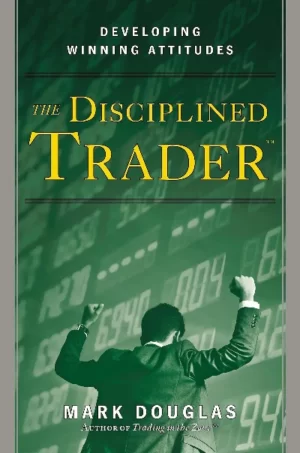“Some investment managers undoubtedly exhibit remarkable skill – yet in the short term, discerning whether an exceptional track record stems from luck or genuine talent remains a challenge. However, a majority of advisors excel more at amassing hefty fees than generating substantial returns. Their true forte lies in the art of persuasion and salesmanship. Rather than succumbing to their enticing allure, both individual and institutional investors should turn their attention to Jack Bogle’s enlightening tome, ‘The Little Book of Common Sense Investing,'” as urged by Warren Buffett in his 2014 Annual Shareholder Letter.
Investing, at its core, is an exercise in common sense. The winning strategy involves owning a diversified array of stocks and retaining them over the long term. In theory, attempting to outperform the stock market equates to a zero-sum game (where a winner implies a corresponding loser). However, once the substantial costs of investing are factored in, it transforms into a game favoring the losers. History corroborates this, reaffirming that the simplest and most efficient approach is to acquire and retain ownership in the nation’s publicly traded businesses at minimal expense. The quintessential index fund, embodying this market portfolio, emerges as the sole investment guaranteeing your rightful portion of stock market gains.
Embarking on the journey of mastering index investing, none other than the venerable figure of mutual fund industry, John C. Bogle, serves as a more adept guide. Throughout his illustrious career, Bogle, the progenitor of the Vanguard Group and architect behind the world’s inaugural index mutual fund, has steadfastly embraced index investing to aid Vanguard’s clients in accruing substantial wealth. In “The Little Book of Common Sense Investing,” he extends his benevolence to help you achieve the same feat.
This compendium brims with profound insights and pragmatic counsel, seamlessly steering you through the integration of this time-tested investment strategy into your portfolio. It also impels a paradigm shift in your perception of investing. Attaining success in investing is an arduous endeavor, requiring discipline and patience, yet its essence is simple. It hinges on common sense. As you traverse the contents of “The Little Book of Common Sense Investing,” you’ll unlock the code to transform investing into a pursuit of winners. Concurrently, you’ll find cautionary narratives about investment trends and vogues, including the recent surge toward exchange-traded funds and the ascent of speculative indexing tactics.
True investment prosperity is predicated on owning the entirety of the market while astutely curbing the costs of financial intermediation. This, in essence, encapsulates the very essence of index investing, and this comprehensive guide is a testimony to that ethos.”












